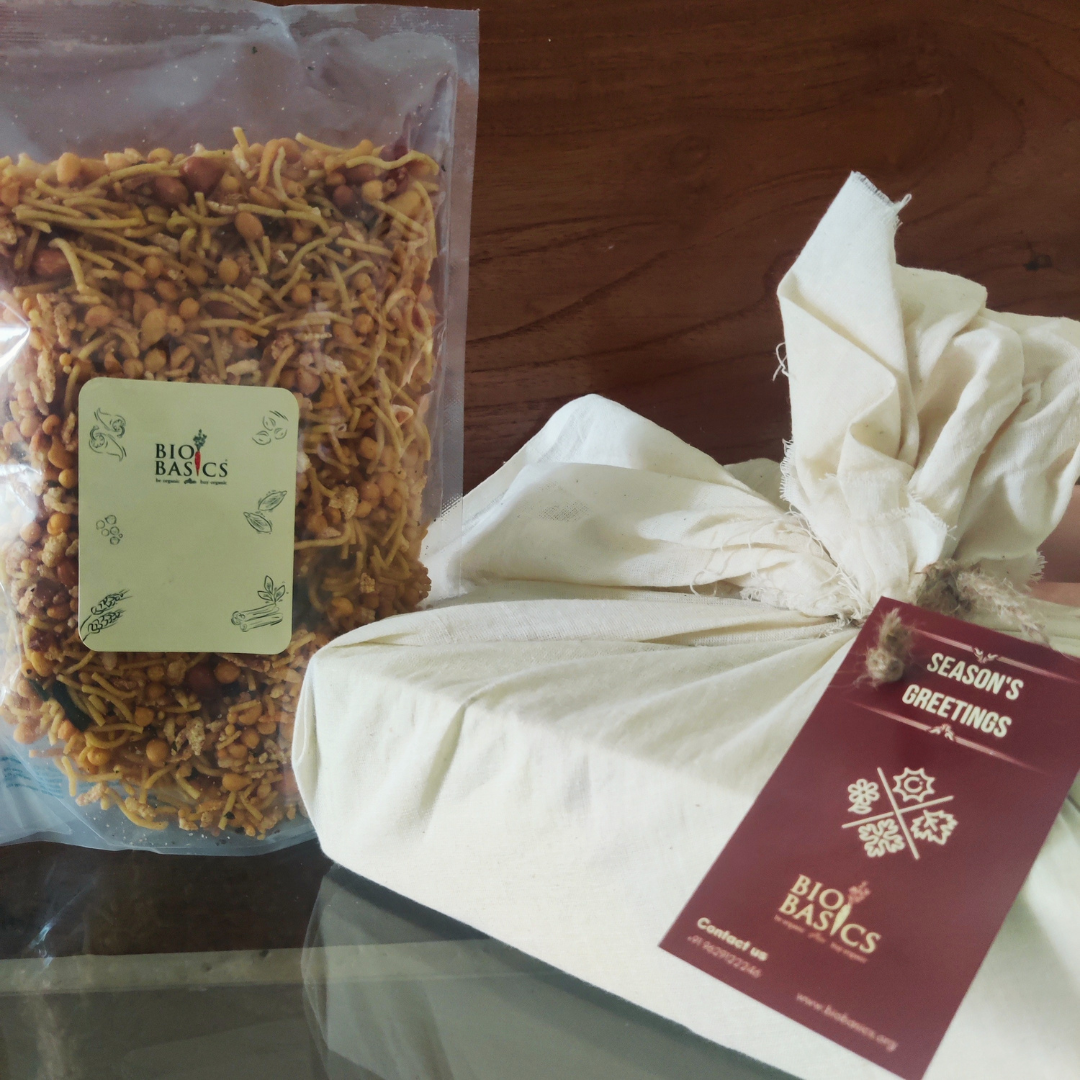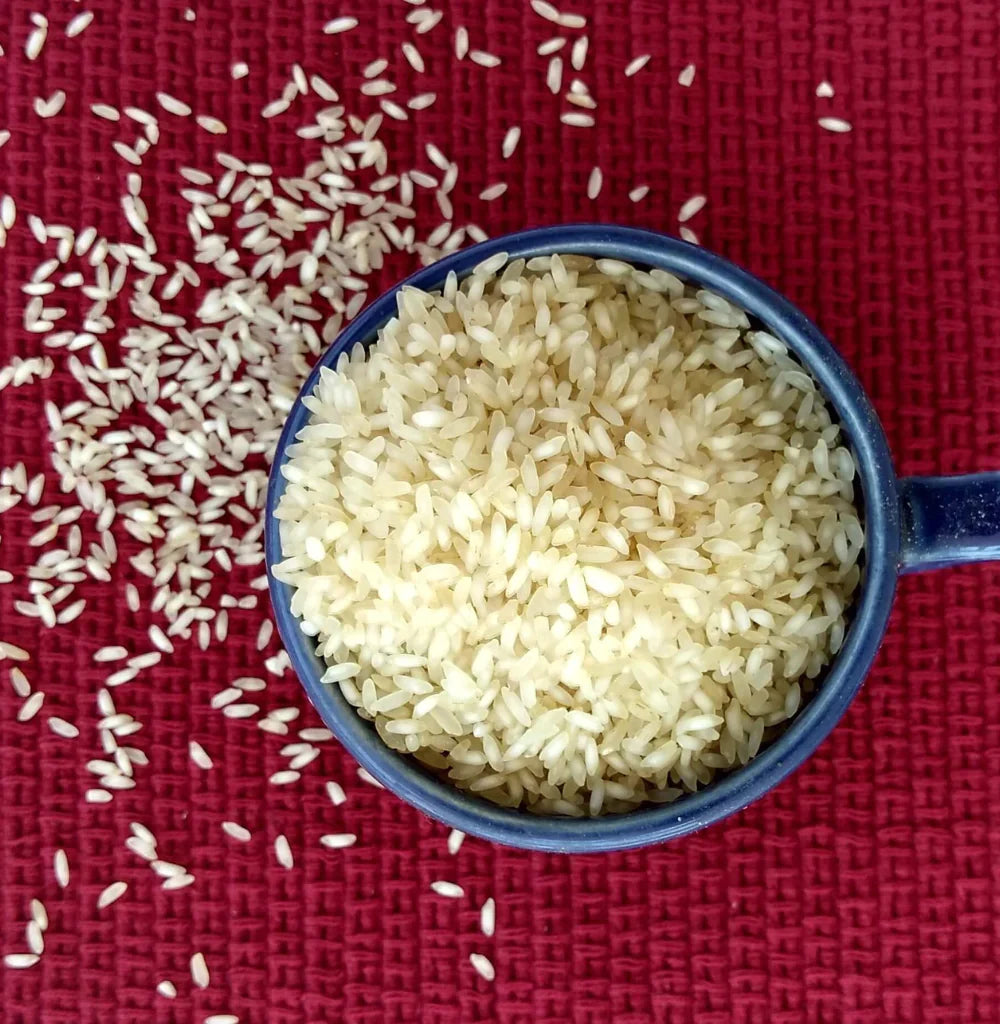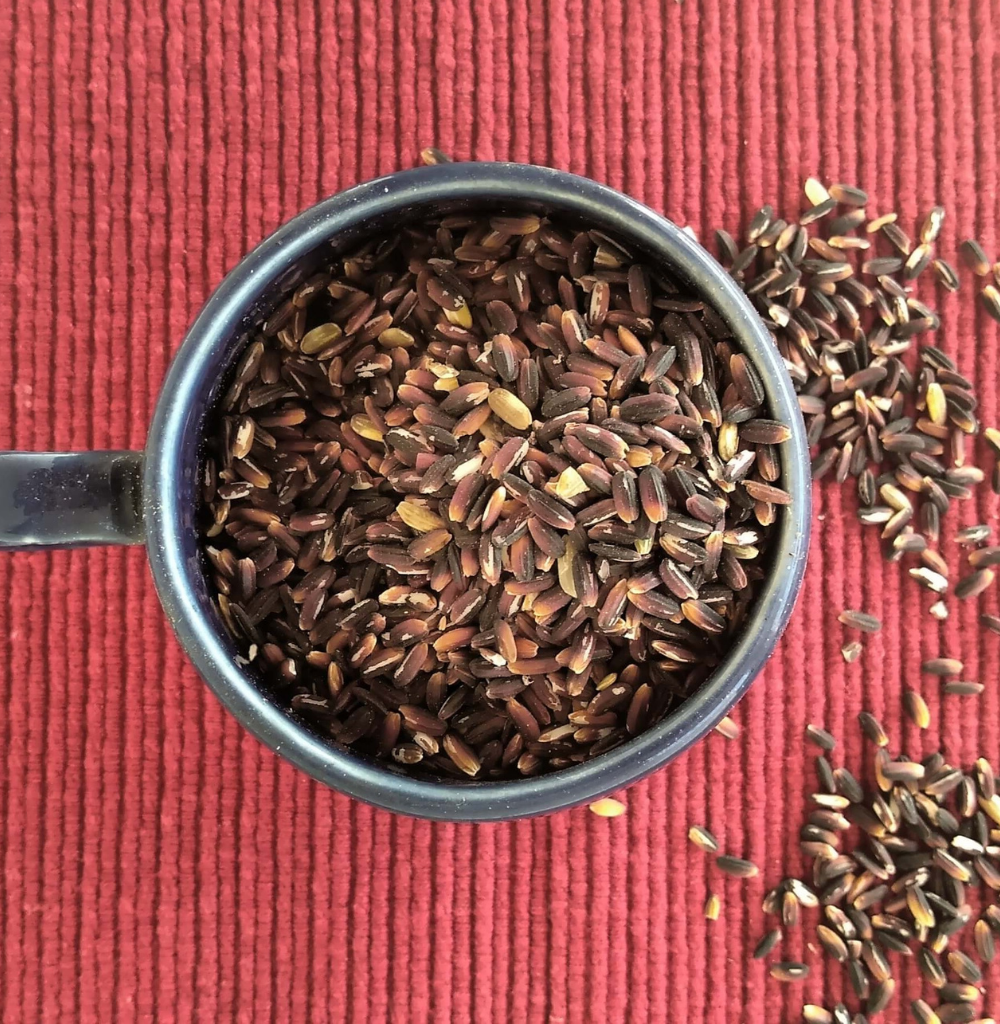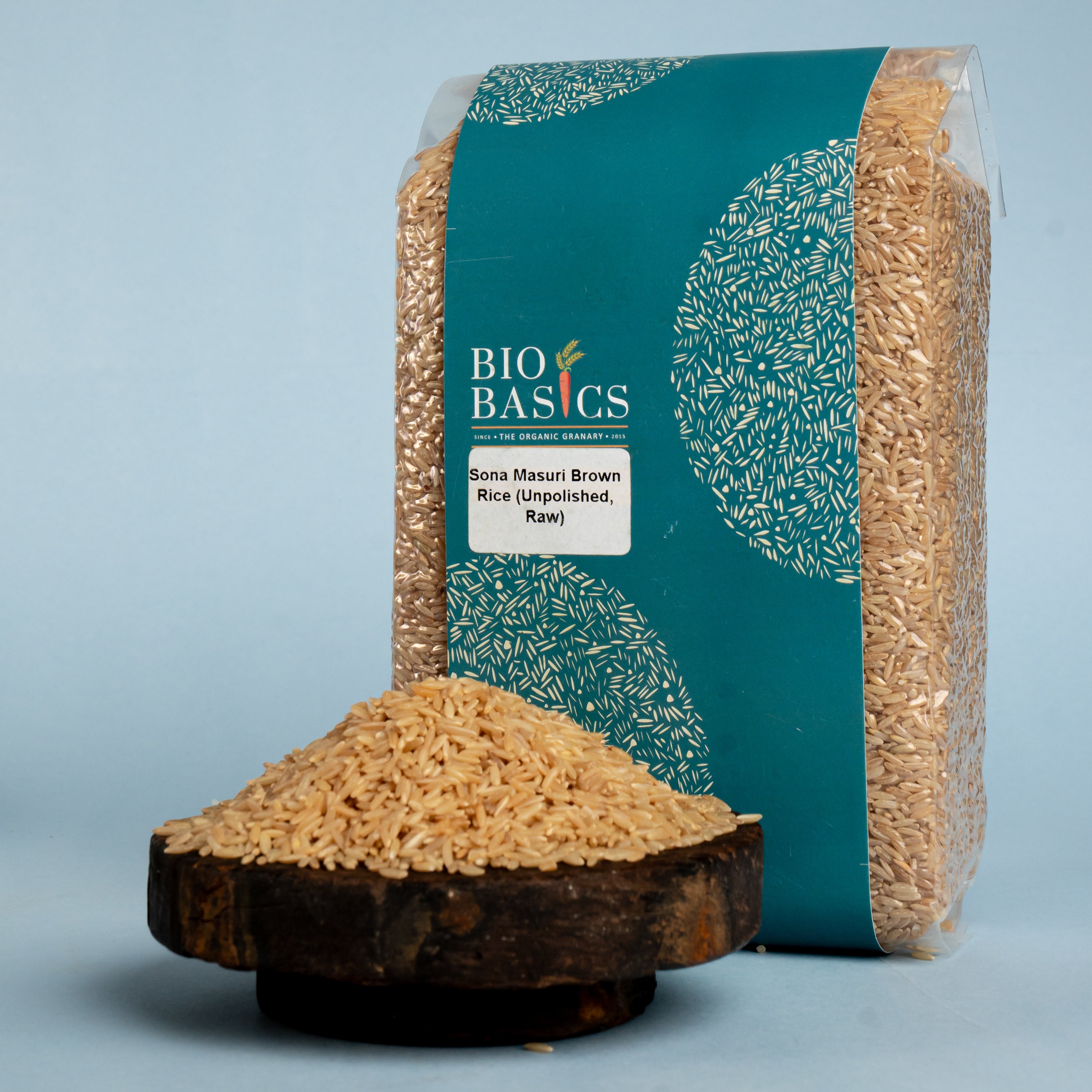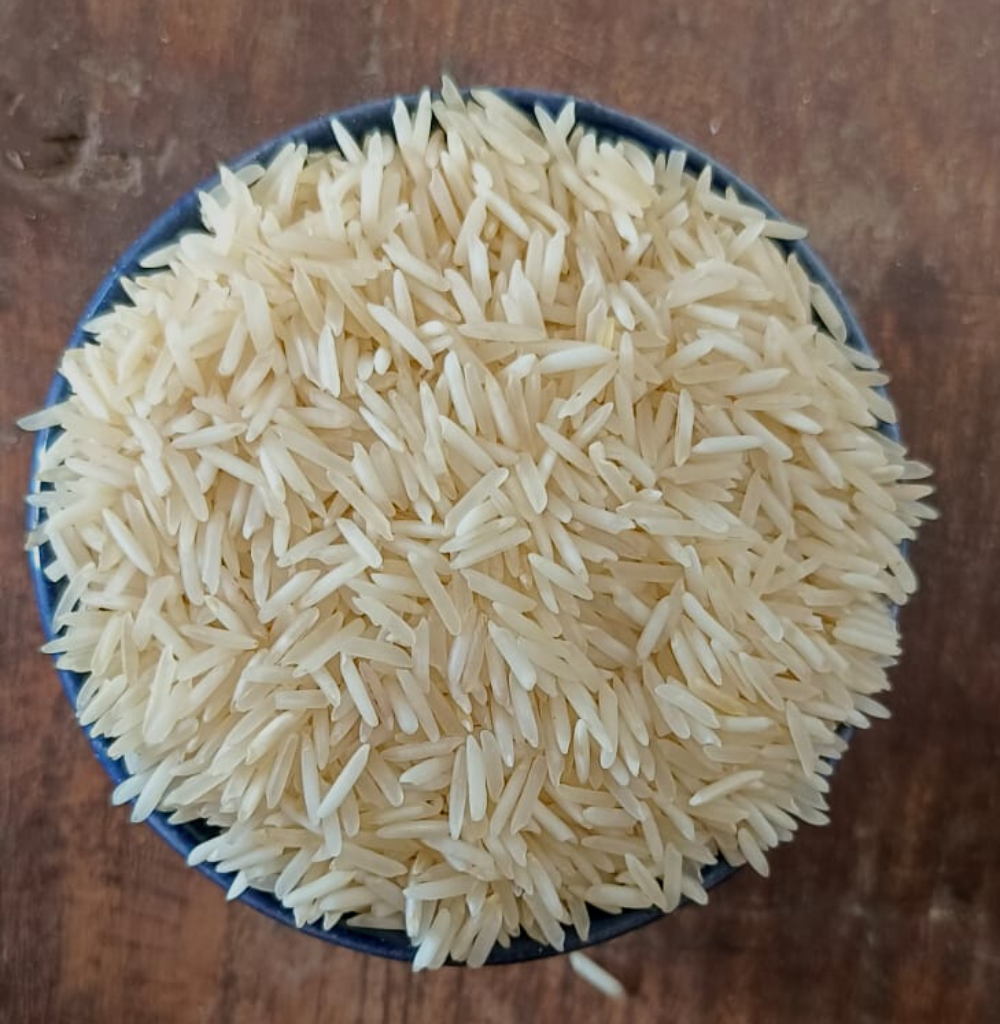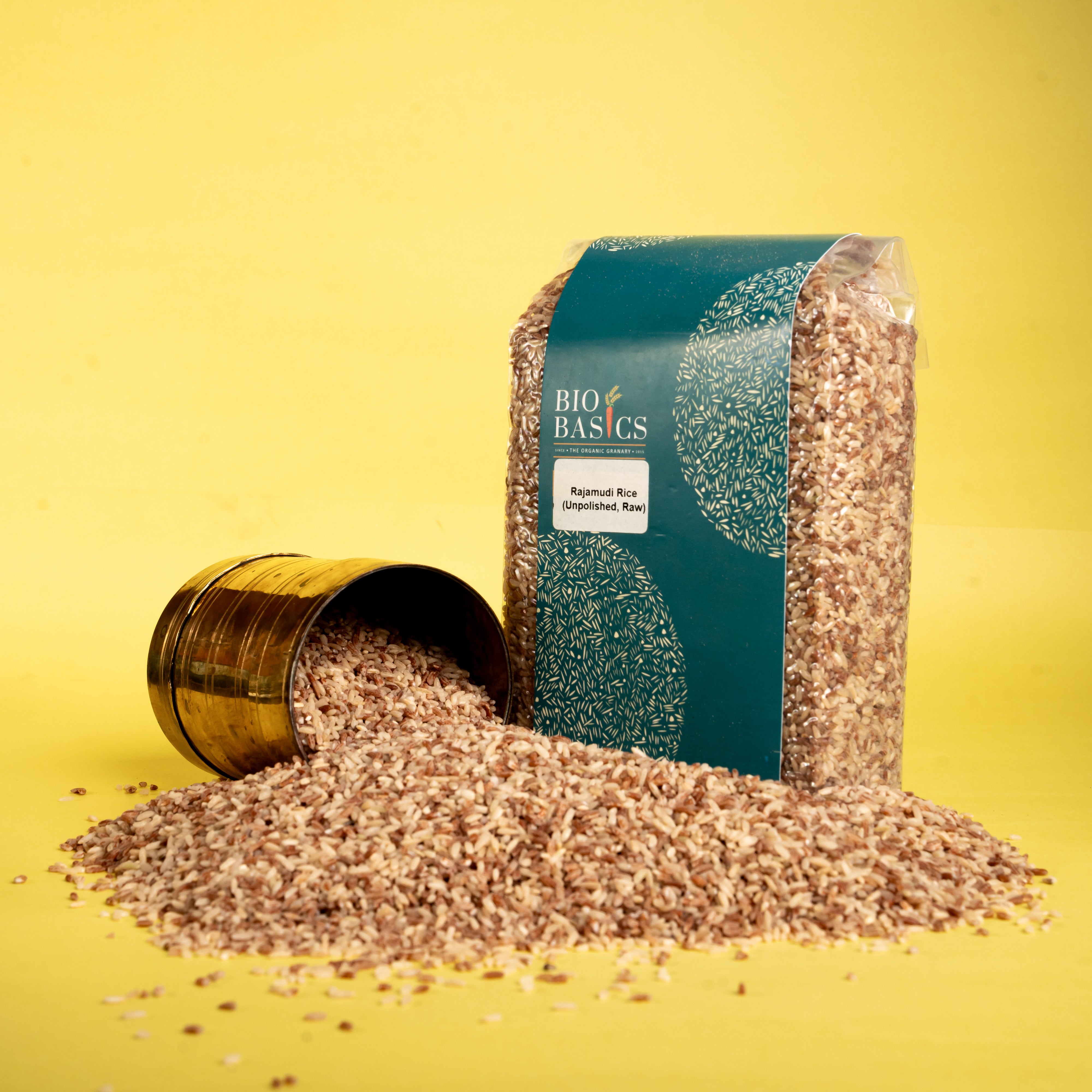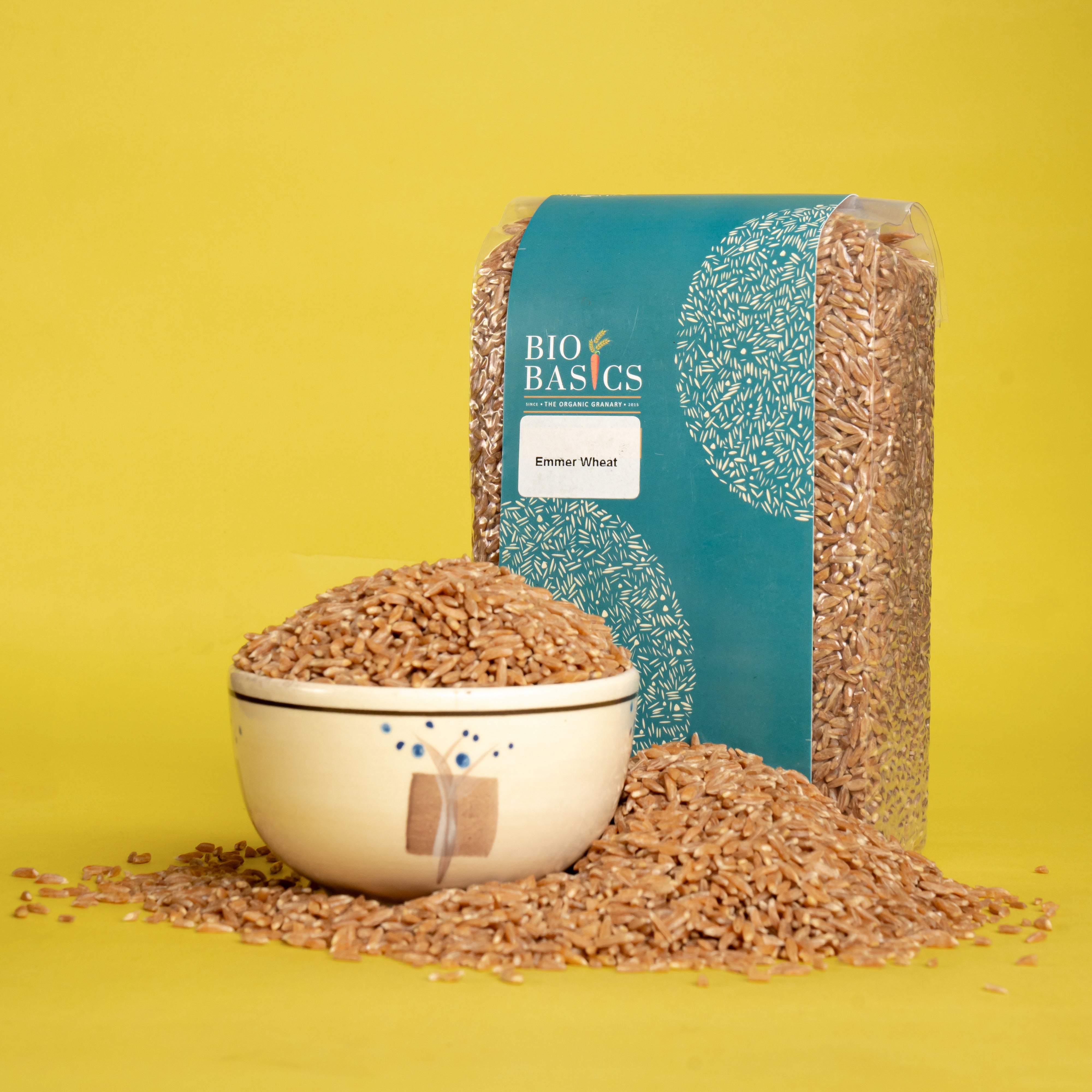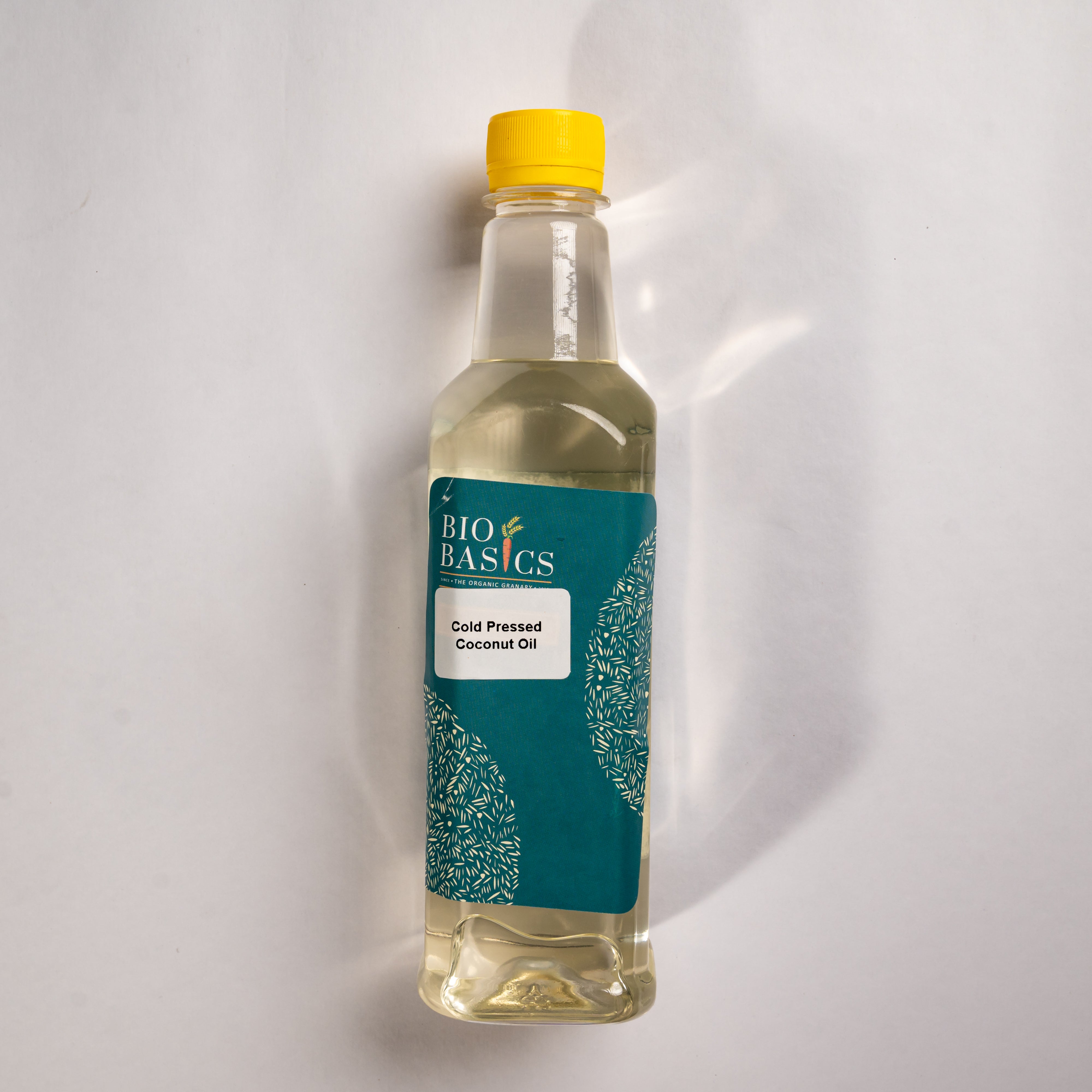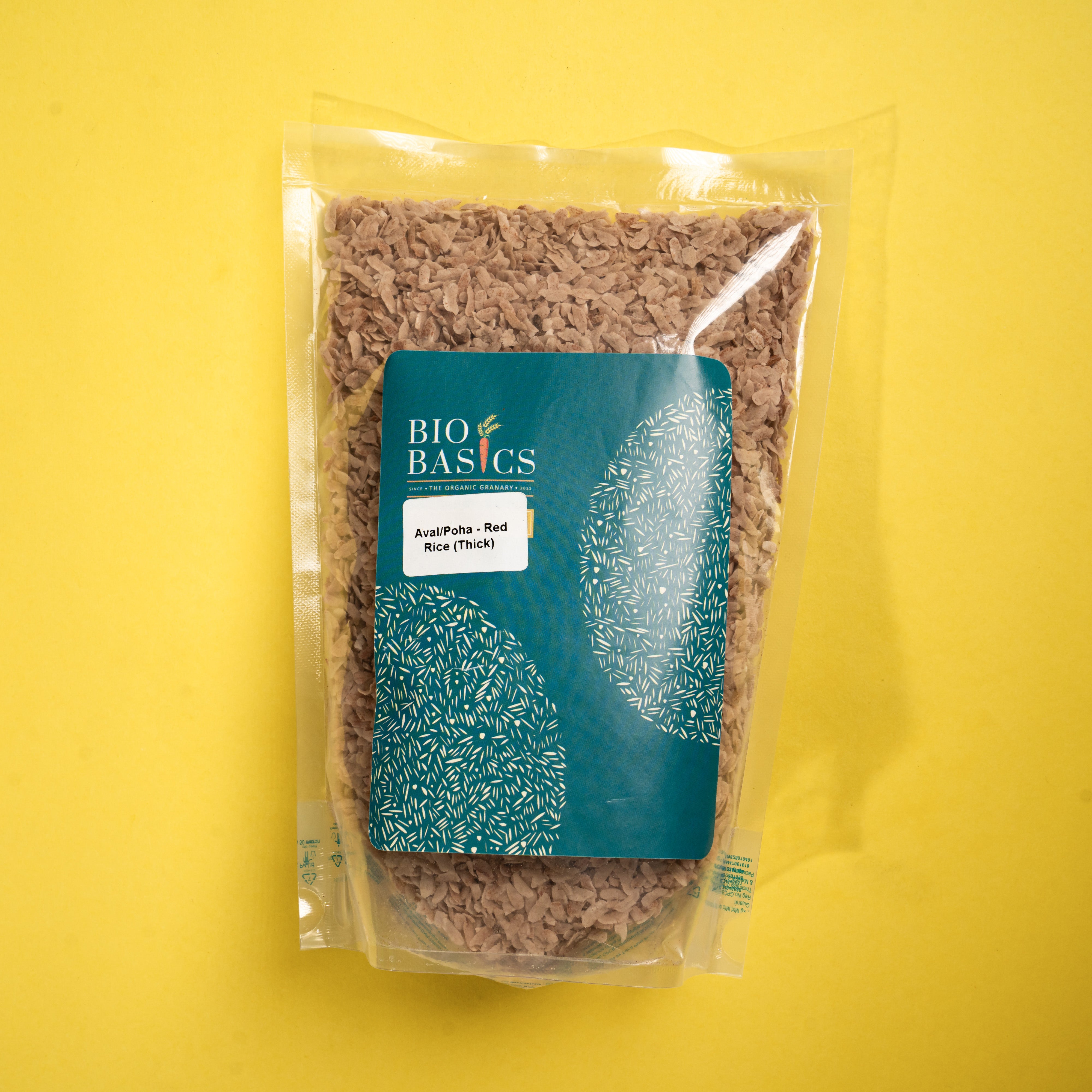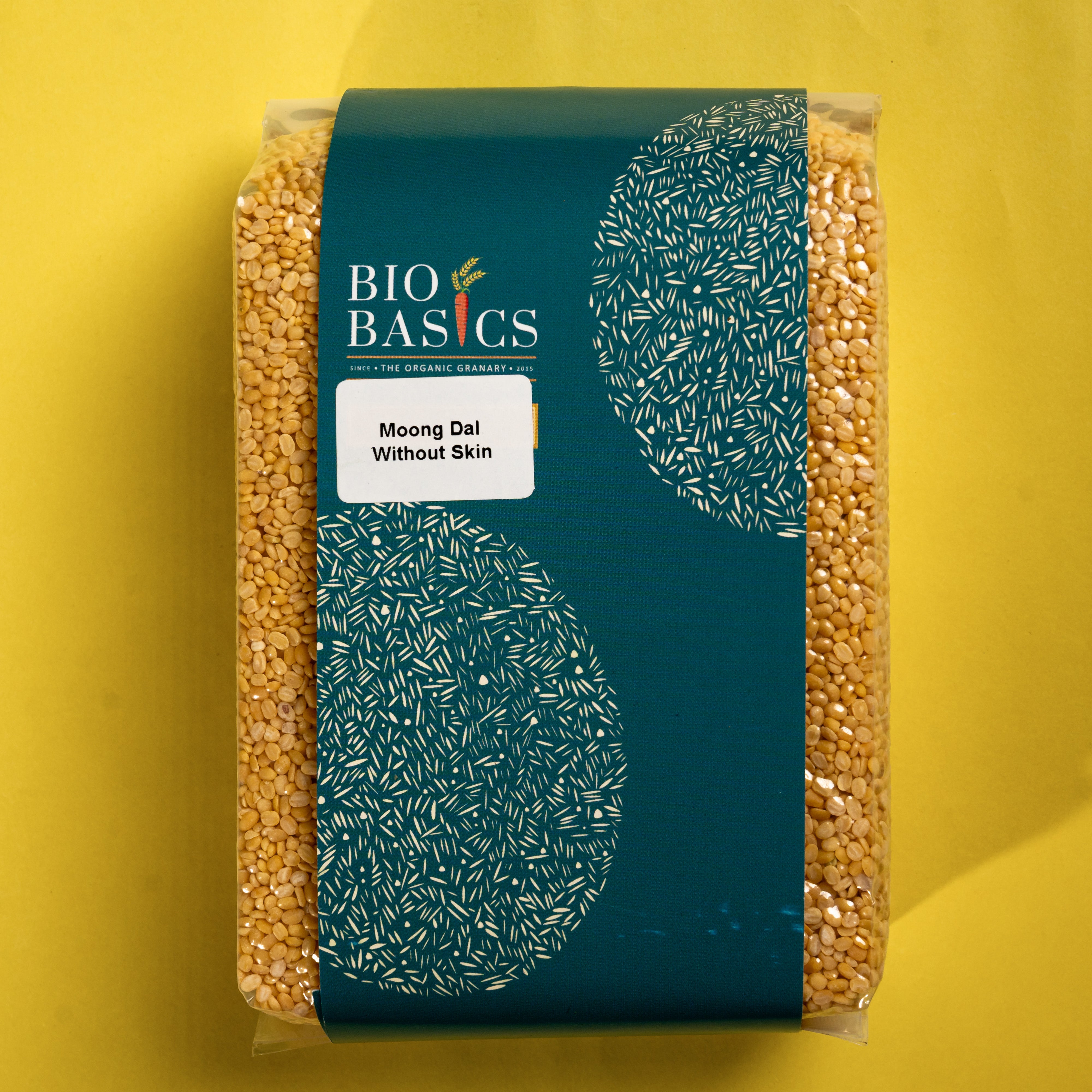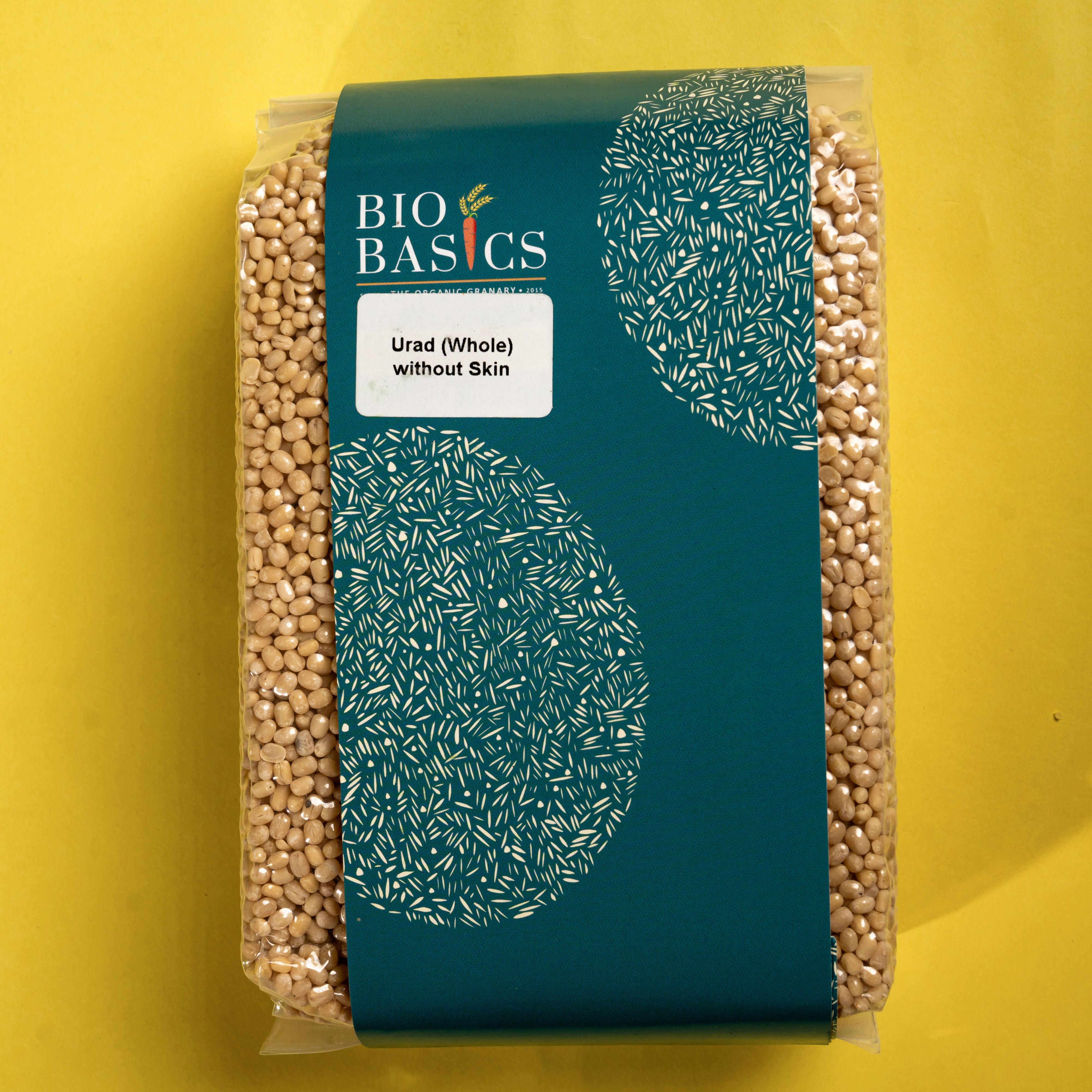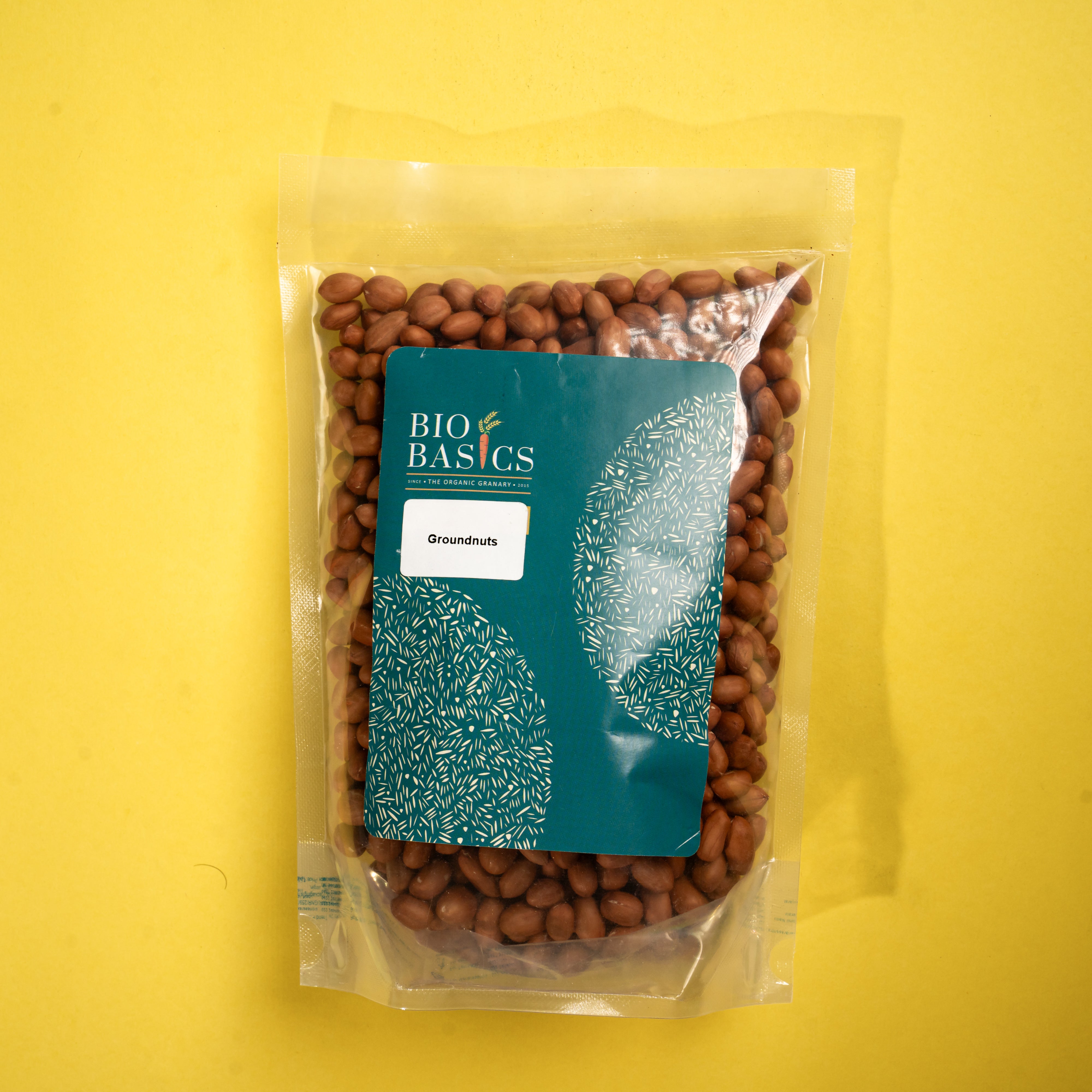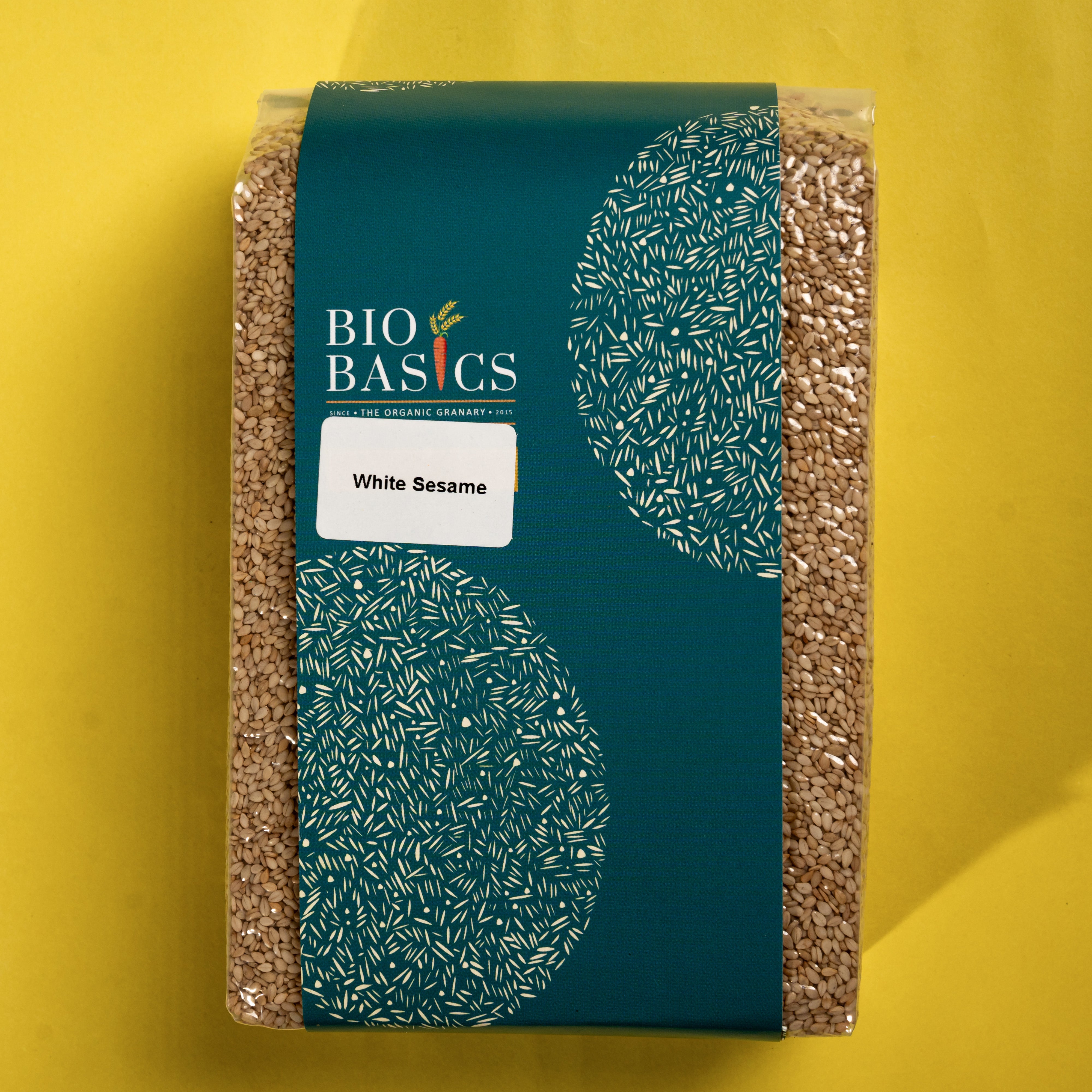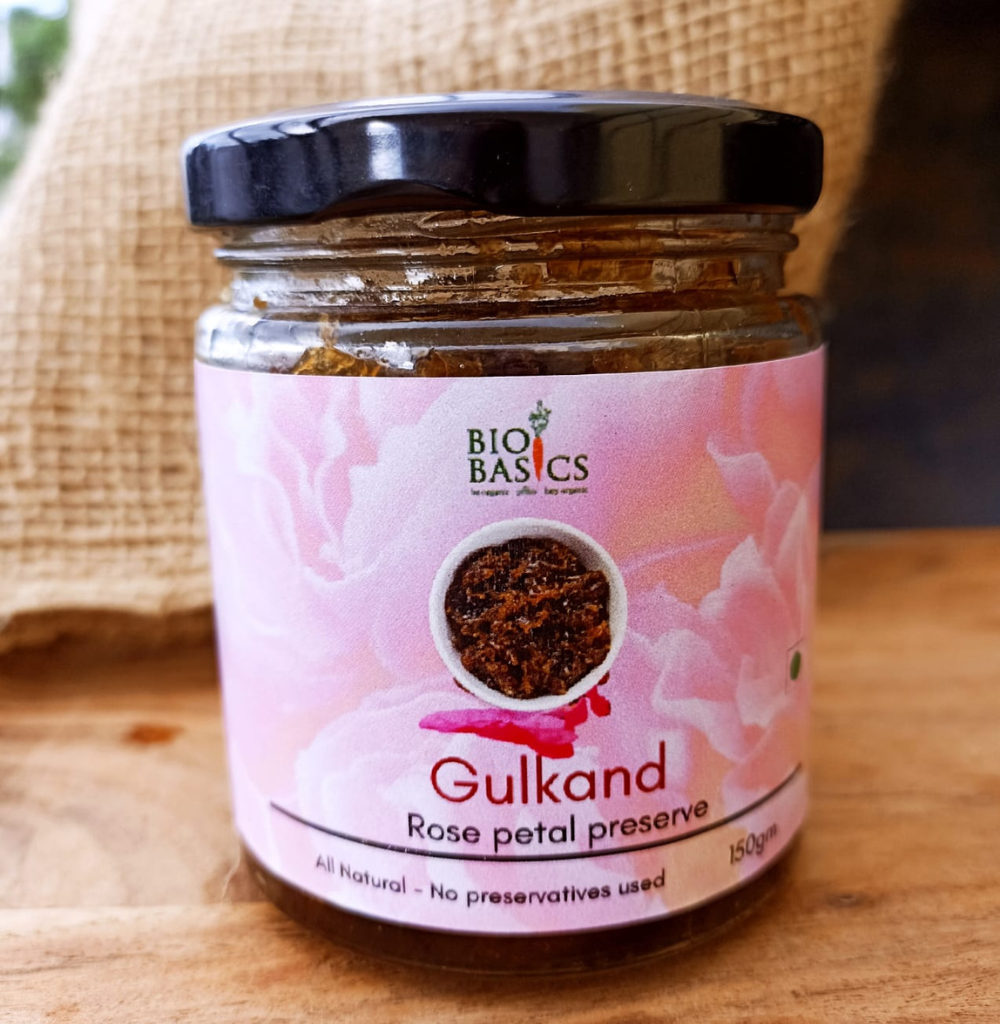Ambasamudram Idli Rice
Alternate Name and Name in Other Languages
The Story
Health Benefits
Storage
How to Cook

Ambasamudram Idli Rice
Description
-
Soft and Fluffy Idlis
-
Organic Grown
-
Richer in Nutrients
-
Easy to Digest
Relish the essence of South Indian cuisine with Ambasamudram Idli Rice. This pearly-white, organic parboiled rice is meticulously cultivated to deliver the fluffiest idlis and crispiest dosas, making it the perfect choice for breakfast enthusiasts. Sourced from the heart of South India, this rice embodies tradition and quality, ensuring a delightful culinary experience every time.
The Story
Organic Idli Rice, also known as Ambasamudram Idli Rice, is a premium parboiled rice variety developed by the Ambasamudram Rice Research Centre. Known for its exceptional softness and delicious taste, this rice has gained popularity among farmers and consumers. Originally named ASD16, it is affectionately called Ambasamudram Rice by farmers in Tirunelveli, Tamil Nadu.
We at Bio Basics carefully select this rice from a single organic farm in Ramanad, ensuring it is free from chemicals and fertilisers. Harvested and kept in paddy form, it is processed every two months to maintain its freshness and original flavours. This meticulous process guarantees our customers receive clean, fresh Organic Idli Rice.
Health Benefits
- Blood sugar control: Organic Idli rice helps regulate blood sugar levels, crucial for diabetes management.
- Heart health: The fibre content in Ambasamudram Idli Rice lowers cholesterol, promoting a healthy heart.
- Digestive health: The fermentation process aids digestion, making it suitable for sensitive stomachs.
- Weight management: Parboiled rice is high in fibre and its complex carbs keep you full longer, aiding weight control.
Storage
- Keep your Organic Ambasamudram Idli Rice in a cool, dark place.
- Store the Organic Ambasamudram Idli Rice in an airtight container.
- FIFO - follow a first-in, first-out (FIFO) method. This ensures you're consuming the older rice first and prevents any newer rice from sitting around for too long.
How To Cook
| Rinse the Rice | Measure the desired amount of Ambasamudram Idli Rice and place it in a large bowl. Rinse the rice under cold running water, gently rubbing the grains to remove any excess starch and impurities. Repeat this process 2-3 times until the water runs clear. |
| Soak the Rice | Transfer the rinsed Idli rice to a large bowl and cover it with enough water to submerge the grains completely. Let the rice soak for at least 4-6 hours or overnight. Soaking helps soften the grains, making them easier to grind and resulting in softer idlis. |
| Drain the Rice | After soaking, drain the water from the rice using a sieve. Discard the water. |
| Grind the Rice (and Urad Dal) | If you're using urad dal in your idli recipe, you'll need to grind it along with the soaked rice. Use a wet grinder or a high-powered blender to grind the rice and urad dal into a smooth batter. Add a little water as needed to facilitate the grinding process. The consistency of the batter should be thick but pourable, similar to pancake batter. |
| Ferment the Batter (Optional) | If you prefer fermented idlis, cover the batter and let it ferment in a warm place for 8-12 hours or overnight. Fermentation not only enhances the flavour of the idlis but also makes them more digestible. |
| Add Salt | Once the batter is fermented, add salt to taste and mix well. |
| Prepare the Idli Steamer | Grease the idli moulds with a little oil or ghee to prevent sticking. Fill the bottom of the idli steamer with water and bring it to a boil. |
| Pour the Batter | Pour the prepared idli batter into the greased moulds, filling each mould about three-quarters full. Tap the steamer gently to remove any air bubbles. |
| Steam the Idlis | Place the filled idli moulds in the steamer and cover with a lid. Steam the idlis on medium to high heat for 10-12 minutes or until a toothpick inserted into the centre comes out clean. |
| Serve | Once the idlis are cooked, remove them from the steamer and allow them to cool for a few minutes. Use a spoon or knife to gently remove the idlis from the moulds. Serve hot Idlis with chutney, sambar, or any other accompaniment of your choice. |
Alternate Name and Name in Other Languages
| Language | Product Name |
| Tamil | அம்பாசமுத்திரம் இட்லி அரிசி (Ambāsamuttraman Iṭli Arisi) |
| Malayalam | ഓർഗാനിക് ആംബാസമുത്തിരം ഇഡ്ലി അരി (Organik āmbāsamutthiraṁ iḍḷi ari) |
| Hindi | ऑर्गेनिक अंबासमुद्रम इडली चावल (Ōrgēnik ambāsamudram iḍlī cāval) |
Frequently Asked Questions
What is Ambasamudram Idli Rice?
Ambasamudram Idli Rice is a round, pearly-white variety of parboiled rice known for making soft and fluffy idlis and crispy dosas. It is grown in the Tirunelveli district of Tamil Nadu, India, and named after the town of Ambasamudram. This rice is semi-polished, retaining some of the bran for added nutrients.
What makes Ambasamudram Idli Rice special?
This rice variety is specifically developed for making idli and dosa batter. It has a good balance of starch content that ferments well and results in a light and fluffy texture in idlis .People also appreciate that it can be sourced organically.
How is Ambasamudram Idli Rice different from regular rice?
Unlike regular white rice, Ambasamudram Idli Rice undergoes a parboiling process which improves its digestibility and fermentation properties . This makes it ideal for creating the fluffy texture desired in idlis and dosas.
Is Ambasamudram Idli Rice organic?
Not all Ambasamudram Idli Rice is organic, but some brands, like Bio Basics, source their rice from organic farms
Additional Information
| Size |
1kg, 2kg, 5kg |
|---|

